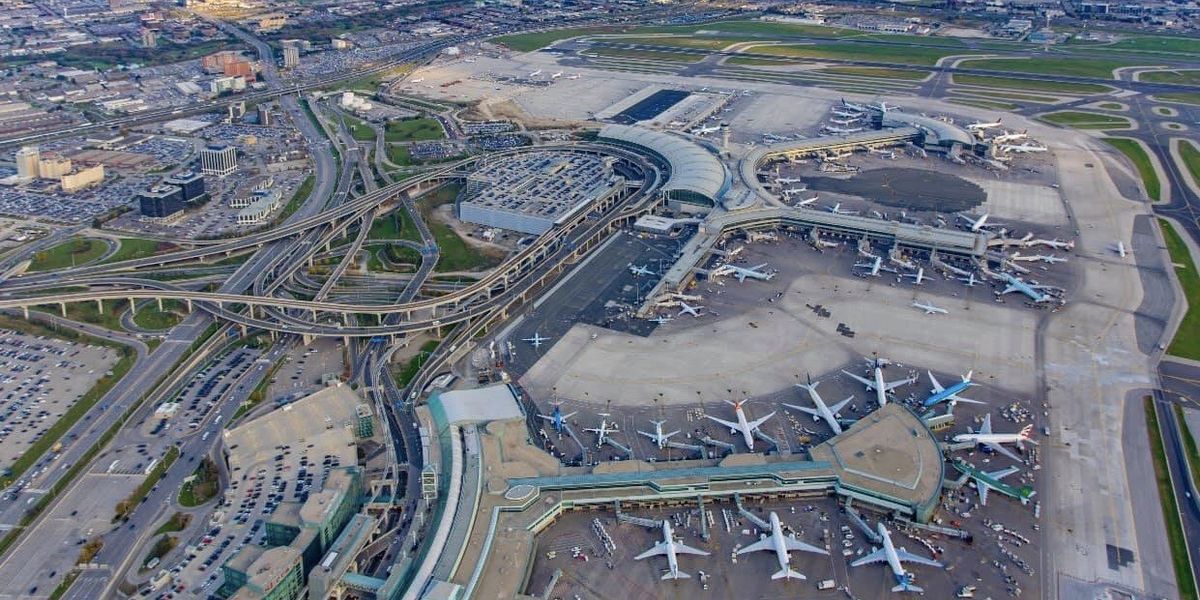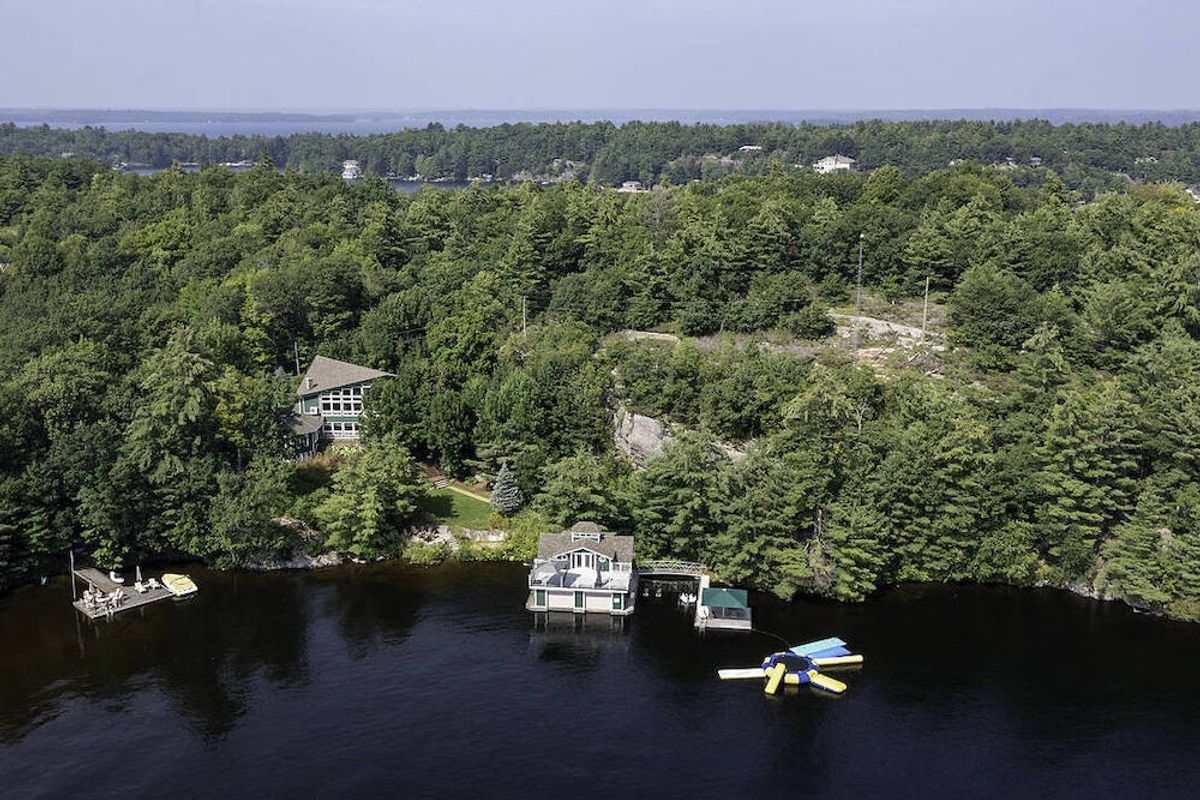Real estate brokers are balancing sleepless nights with black tie launches as the bids keep rolling in. Canada’s real estate market has almost returned to its 2017 heyday as benchmark prices in Toronto jumped 5.2 per cent to $805,500 this September compared to the same time last year. That’s only $10,000 less than its value in 2017.
Despite demand continuing to outstrip supply, luxury home developers are still hosting lavish launches at presentation centres. Among ahi tuna hors d’oeuvres and champagne, would-be condo buyers and brokers circulated at a 62-story proposed skyscraper in Yorkville, a neighbourhood best known for its Chanel and Prada outlets.
READ: Nobody’s Home: Vacant Real Estate On The Rise In Canada
“They’re selling out like crazy,” said Dawna Borg, a broker at RE/MAX Premier Inc., who struggled to purchase enough units for her clients. “We had to go back Sunday and just wait for a new allocation to come out, and we still didn’t 100 per cent get what we wanted.” The in-demand units featuring black marble kitchens with built-in wine troughs ranged in price from $650,000 to almost $1.97 million for a 1,163 square foot three-bedroom suite. A parking spot here can cost you upwards of $169,000.
“I worked 90 hours in one week,” said Simeon Papailias, co-founder of the Real Estate Center, who sold 30 condos in a single weekend. “The pre-sale market is on fire again but resale has picked up too: We’re having the best back-to-back month since 2017.”
READ: It Takes An Average Person 32 Years Of Saving To Buy A Toronto Home
Vancouver’s sales have also rebounded by 46 per cent – despite the fact that housing prices have actually been decreasing. Meanwhile, sales in a depleted Calgary actually rose 8.2 per cent from last year. It’s a stark contrast from the U.S. housing market where sales have continued to decline for the past two years. In Manhattan, for example, resale prices for condos and co-ops dropped 8 per cent - the biggest drop since 2012.
So what explains Canada’s rebounding housing market? It appears punitive tax increases on foreign buyers has helped, in addition to buyers concerned about a short supply of desirable product. Given the fact that nearly 40 per cent of Toronto condos are investor owned – many are actually sitting empty or used as Airbnb properties – something which greatly impacts the supply chain.
READ: New Partnership Aims To Speed Up Verification Process For Home Buyers
“The demand side of the equation is incredibly strong and the supply side is a puzzle that has not been figured out by anybody,” said Sasha Cucuz, a partner at Greybrook Capital, a private-equity firm. “When you couple those together, that’s an indisputable upward pressure on pricing, flat out, whether it’s rental or housing.”
With an increase in Toronto’s population growth and an influx of people in need of affordable housing, buyers are simply bidding and buying when they see something they like.
With the upcoming election, Liberal and Conservative parties have made promises to make housing more affordable. Prime Minister Justin Trudeau is pledging to boost the cap on homes eligible for a 10 per cent government-equity stake to almost $800,000 in costly markets like Vancouver and Toronto while the Conservatives plan to extend mortgage amortizations and review the mortgage stress test for first-time buyers and remove it from mortgage renewals.
READ: Political Promises Surrounding Housing Are Popular But Not Created Equal
Then there’s the segment of would-be buyers who have been priced out of home ownership entirely. With vacancy rates low, it’s become a challenge to find decent rental units in Toronto.
“Despite purpose-built apartment construction rising four-fold since 2014, rental supply is unlikely to come close to demand in the coming years,” Robert Hogue, senior economist at Royal Bank of Canada, said in a report last month. “A deliberate policy to boost rental supply is needed—with specific targets and incentives to achieve them.” Hogue said that Toronto would need to add an average of 26,800 to correct the shortage.
Fast-selling luxury condos signals the housing shortage knows no class boundaries.





















